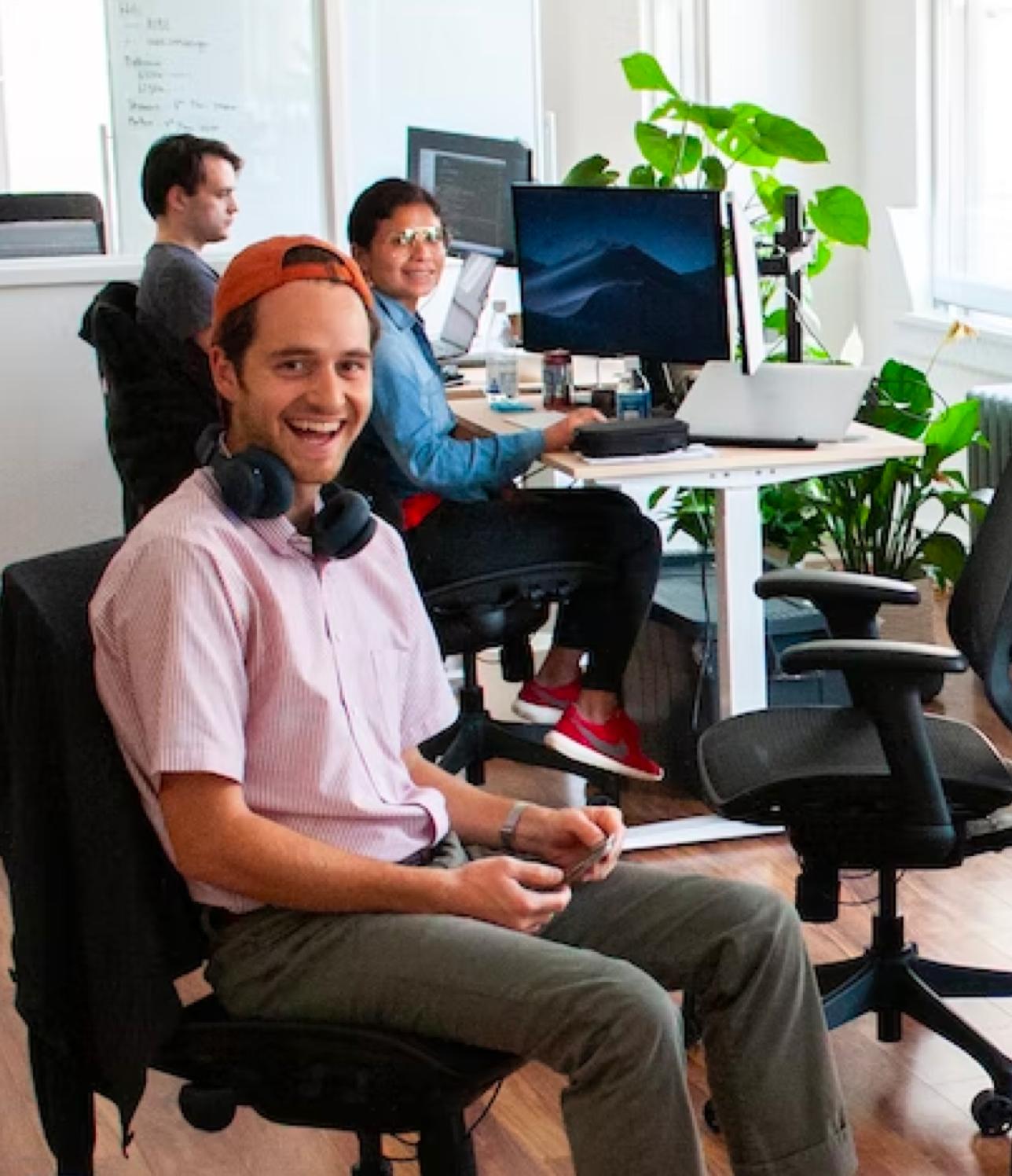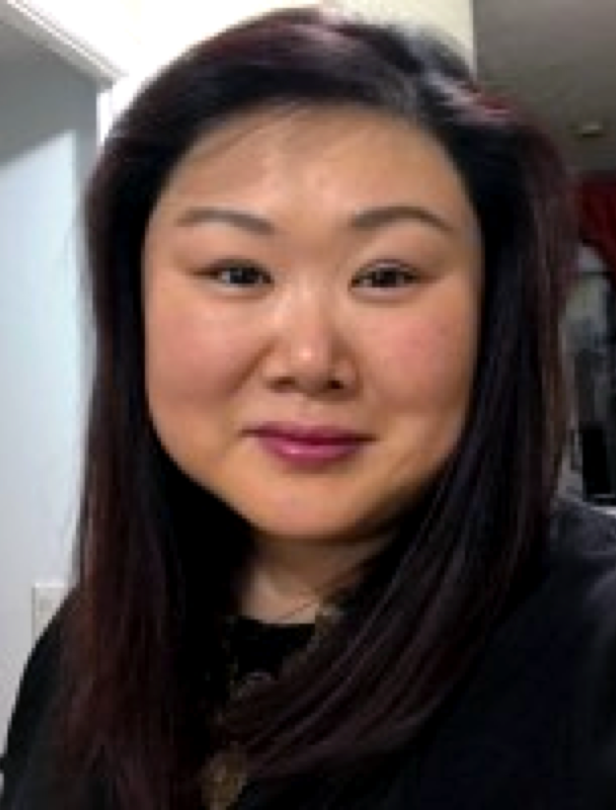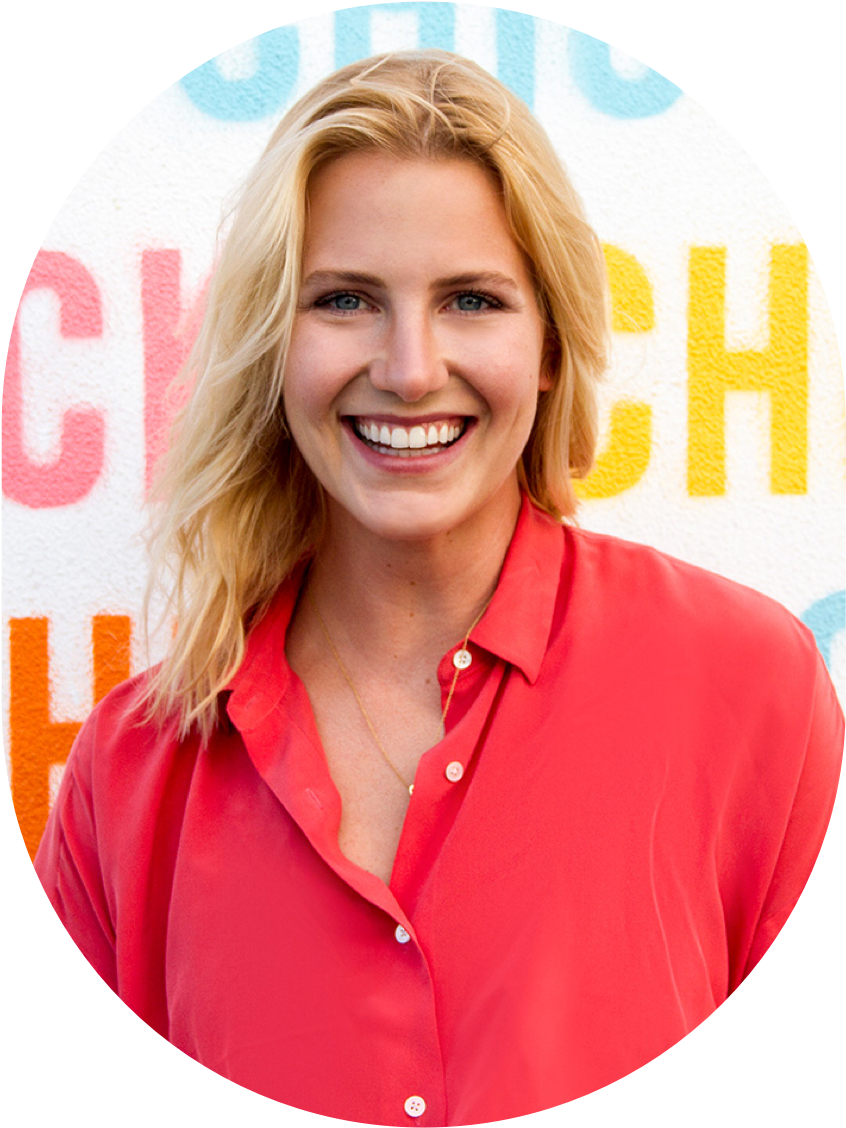How did you start working in eCommerce?
I studied computer science and math in college. I’ve always had an interest in technology. After getting a master’s degree in computer science, I worked in a variety of technical roles. I started as a developer for ESPN’s website, which was a very fun role with public-facing work. I also worked at Wieden+Kennedy as an interactive producer, doing similar work in that my projects were seen and used by lots of people.
I stumbled into eCommerce in a technical project manager role. I really liked being a part of the line of the business that generated profit. My team controlled the P&L, and the work we did directly impacted the bottom line for the company. Today, there is an eCommerce component to almost every industry, and I enjoy that it’s no longer limited to just retail. It’s for any company that wants a presence online. It really touches everything. And I enjoy having my work be directly visible to the end consumer.
What do you love most about your job?
The challenges change every day. It gives me the opportunity to continually problem solve. Every day offers a new puzzle. In my current role at Accenture, especially, I am given the opportunity to put myself in unfamiliar situations, where I have to figure things out quickly and stretch myself.
I like that a lot. It’s great to feel confident and to be good at your job, but I appreciate the discomfort of new challenges because that’s when I feel I am growing.


What advice would you give to others looking to work in the industry?
Continual learning is critical, and the more technical skills you can have in your arsenal, the better. I am likely biased because I studied computer science and enjoy that field, but I think it’s so important that anybody on a digital team has at least a curiosity about technology. No matter what your role, from marketing to merchandising to quality assurance, those skills will serve you. Not only does it provide appreciation and understanding of how your company’s digital experiences work, technical skills can also empower you to be more efficient in your day-to-day work.
What do you think is the next big trend that will define the industry?
Technology has created abundance. We, as consumers, are faced with an overwhelming number of choices in products, services, content and experiences. There was a time when shiny new things were automatically embraced and celebrated, but the space is more and more crowded. As the players all compete for our limited attentions, there are signs that users are tiring and starting to look for ways to withdraw. Engagement-related metrics may no longer be one of the best ways to gauge future performance, and companies should recognize and support their customers with more mindful design.
Additionally, organizations now have at their disposal an abundance of data. We’ve all seen the stats about the staggering rate at which data is currently being generated. It’s easier and cheaper than ever for organizations of all sizes to track, collect, and warehouse. The focus now will be searching for value and profitable inference in that data, while mitigating increasing distrust from the consumers who provide it.
Are there other women in the industry that you admire & why?
Accenture, more than any other company I’ve worked for, has many incredible women in leadership positions all throughout the organization. I appreciate this for the opportunity it provides to me and others at the company to change our default subconscious prototypes of what a leader looks and acts like.
There are a ton of women I that admire, across all career levels and organizations. The qualities I admire in women are really the same ones that I admire in my male colleagues: showing up for your team, contributing to a positive culture of innovation and inclusivity, and commitment to learning and professional growth.










